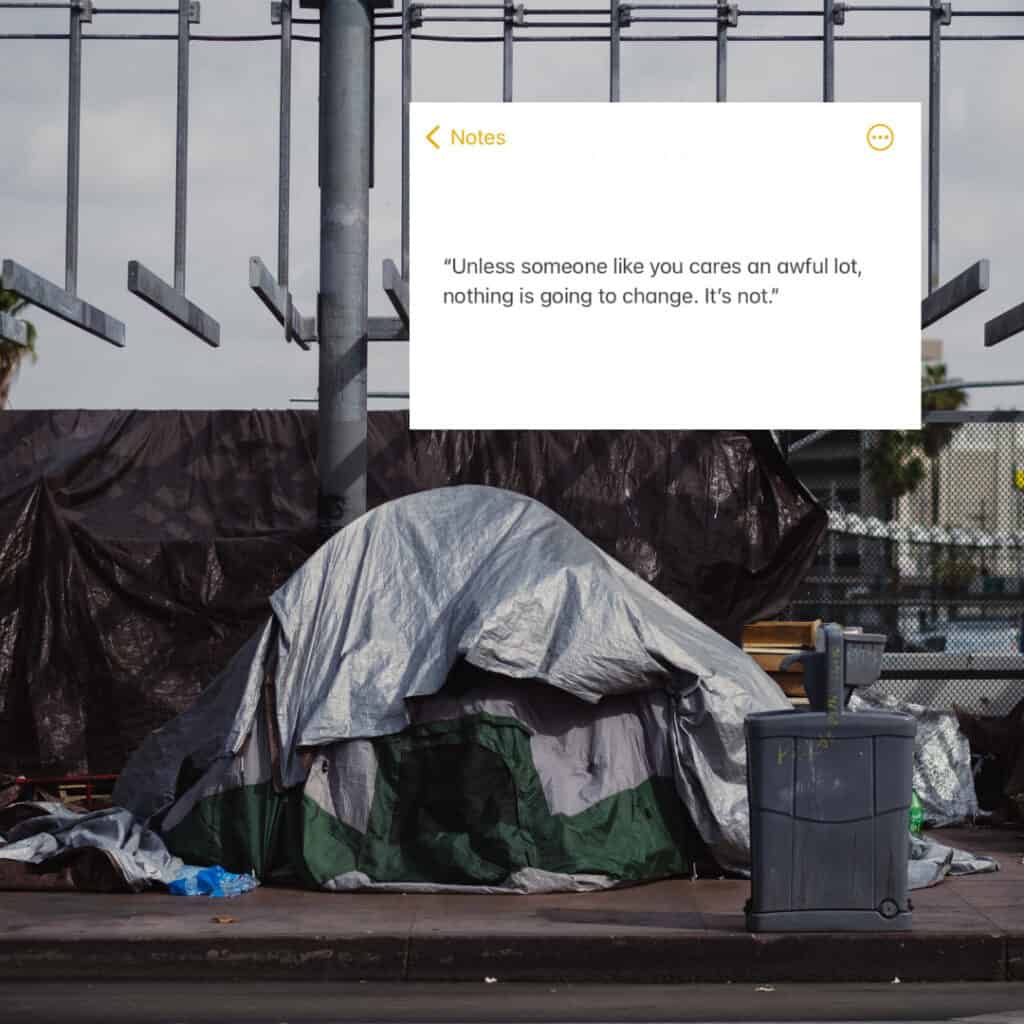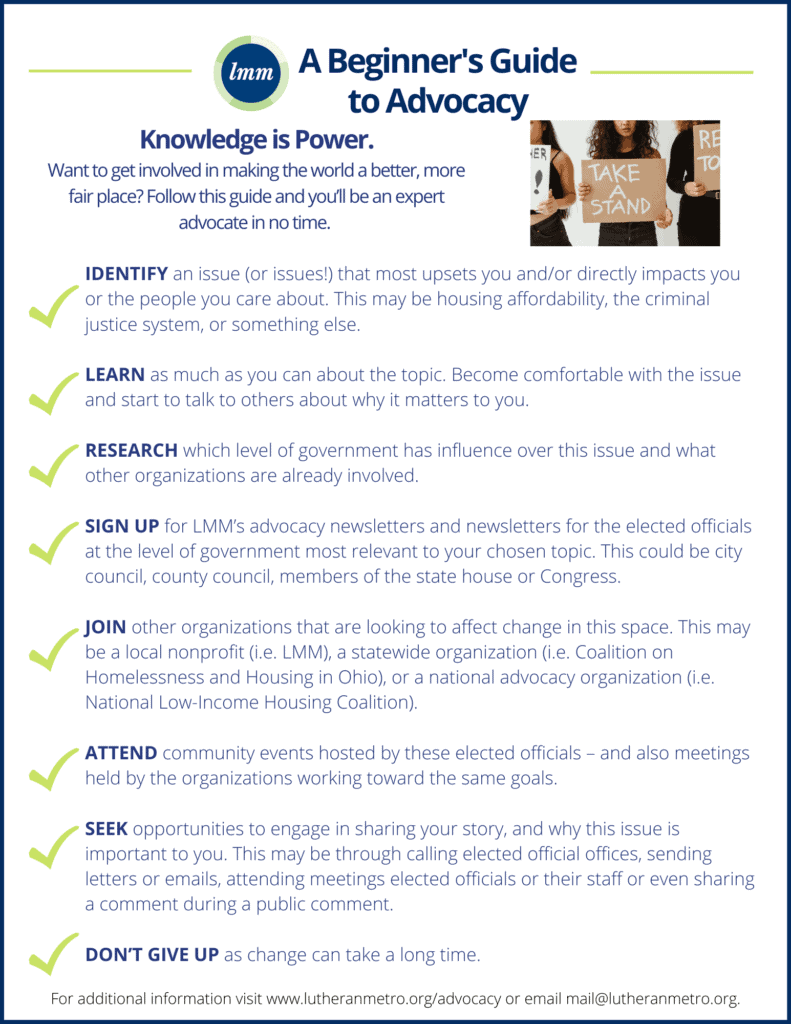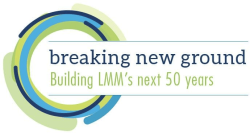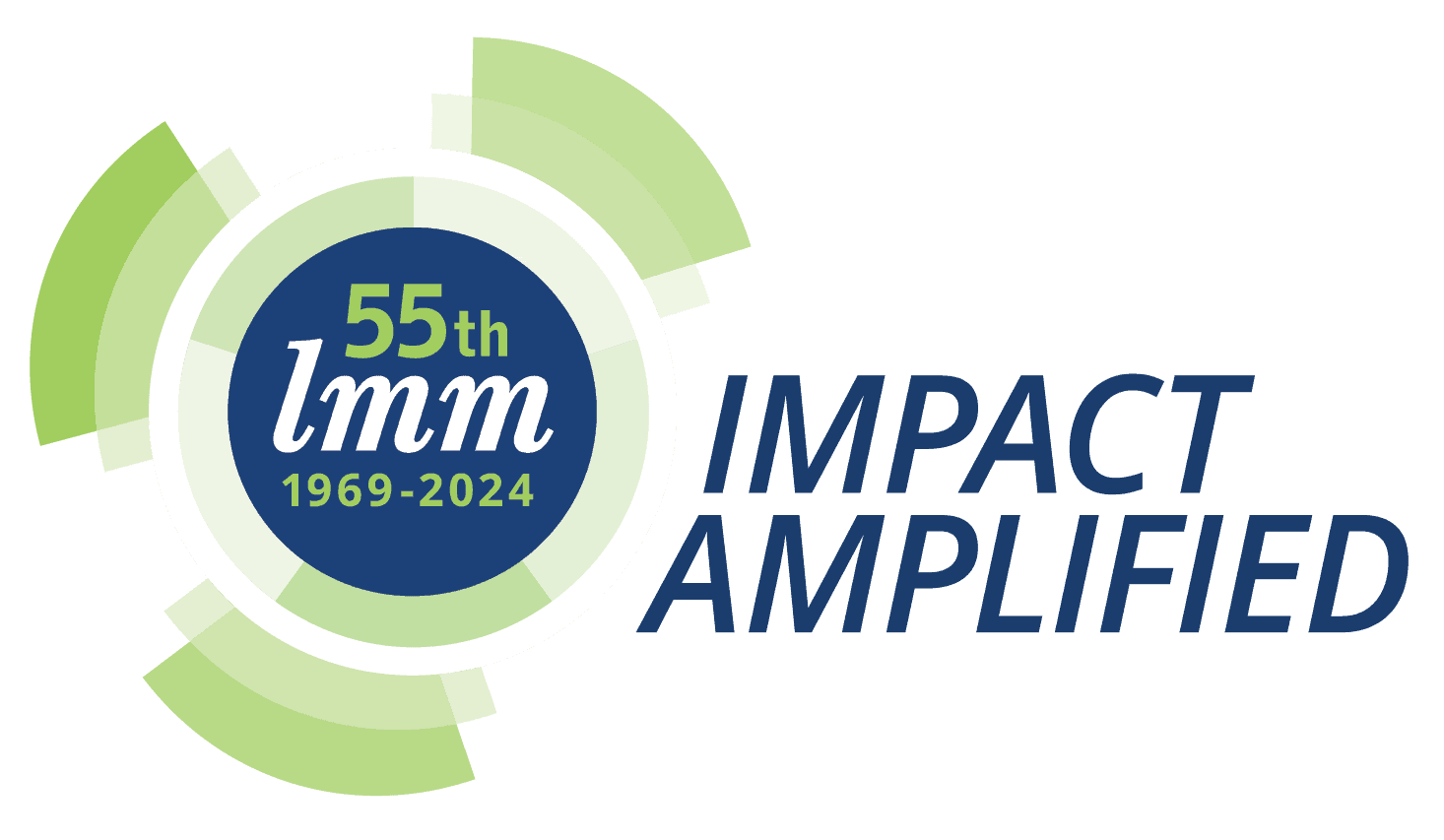
“Unless someone like you cares an awful lot, nothing is going to change. It’s not.”
I took note of the quote that was painted on the side of a building lining Superior Ave. and read it again, “Unless someone like you cares an awful lot, nothing is going to change. It’s not.”
Advocacy is acting in support of a cause and in accordance with your care for the people the cause supports. It’s using the knowledge you have gathered from reading, conversing with others, and lived experience, and asking yourself, “how much do I care?”
Advocacy comes in many forms. It may be participating in a march, signing a letter that will be sent to a local senator, or leading others in a seminar that discusses an important cause. Regardless of its form, it is vital to remember advocacy is not reserved for those who hold a position in public office or who have a well-known political voice.
Advocacy is accessible, and it is able to be woven into the fabric of our everyday lives
“Advocacy is accessible, and it is able to be woven into the fabric of our everyday lives.”
This past year, I had the opportunity to participate in John Carroll University’s Labre program, a student led program that invites students to visit the East and West sides of Cleveland and bring food and other supplies to people experiencing homelessness. Labre has reminded me of the dignity and strength of all people, and my experiences with Labre have pushed me to learn more about how to better care for people and how to advocate for just services all people deserve, specifically people experiencing homelessness.
Seminars, classes, and personal experiences have taught me causes of housing insecurity, how it affects various populations, and ways it can be alleviated, but if I simply hold my knowledge and experiences for myself, then nothing will change.
With greater knowledge comes greater responsibility, and our responsibility is to act with care.
I learn from and resonate most with stories of real people and real occurrences, so most often I advocate for causes I support through my daily conversations.
While recounting conversations I’ve had with men and women on Labre or sharing what I recently painted with men at 2100, I explain to my friends and family what I have learned about root causes of homelessness. I scroll through pictures taken at a new BNG house reveal and tell my parents about the impact an affordable home can have on a family’s life. I participate in John Carroll’s internship cohort, telling of what I have learned about the prevalence of youth homelessness in Cleveland and the damage redlining has caused for communities today.
Sharing stories sheds a personal, humanizing perspective on issues of injustice, and whether it’s sharing stories from people I have met on Labre, families who have recently moved into a BNG home, or men at 2100, the stories I tell matter. The stories we tell matter.
“The stories we tell matter.”
The idea of advocacy can sometimes feel overwhelming, as if it is up to you to act on behalf of a cause you care a lot about and single-handedly change the outcome. However, this is not the case.
In advocacy, we simply need to focus on taking the next right step and recognize there are people walking in step beside us.
LMM has compiled practical ways to advocate. I invite you to explore it and consider what practices of advocacy are most fitting for you!







